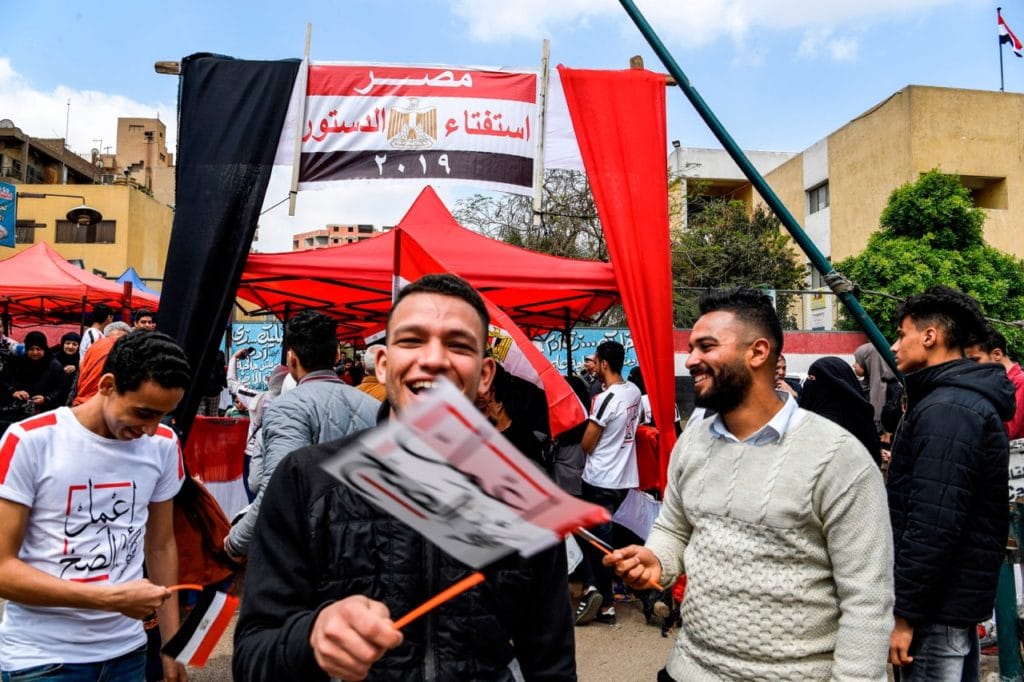The state's media regulator used a new law to block al-Mashhad at the height of the referendum campaign.
The following is an excerpt of a 7 May 2019 CPJ blog post by M ElHaies/CPJ Middle East and North Africa Intern.
Magdy Shandi, editor-in-chief of the Cairo-based independent newspaper al-Mashhad, planned to send 30 journalists to report from polling stations while votes were being cast in Egypt’s constitutional referendum between April 20 and April 22. He ended up ordering them to stay away, he told CPJ in a telephone interview in May. The state’s media regulator used a new law to block al-Mashhad’s website at the height of the referendum campaign, leaving the outlet in uncharted territory as it mounted an appeal, according to Shandi and news reports.
The constitutional amendments proposed in the referendum increase the president’s control over the judiciary and the military’s role in political affairs, and extend President Abdel Fattah el-Sisi’s eligibility for office until 2030, according to news reports. His final term would otherwise have concluded in 2022, the reports said. On April 23, election officials announced that voters had approved the amendments by a 90% majority, according to news reports.
Ahead of the referendum, a ubiquitous advertising campaign encouraged Egyptians to “do the right thing,” often with a green checkmark and an image of el-Sisi to illustrate that this meant voting “yes,” The New York Times reported. News reports said “no” campaigns were notably absent in comparison.



